Recently I was interviewed by Melissa Wuske in Foreword Reviews, which has focused on independent book publishing since its inception. To whet your appetite, here’s an excerpt below. You can find the whole interview here.
Accessibility has been a huge boon to writers and editors. With so much information digitized, in a few keystrokes we can track down books, articles, quotes, and facts that forty years ago could take days and weeks to research. Information is truly democratized.
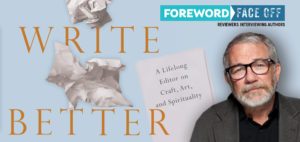 All is not paradise, however. We have tradeoffs. Today as readers and citizens we are drowning in data yet are in desperate need of wisdom. We have accelerated life (including our reading) to such a pace that it is hard to take time to stop and reflect. Even our habits of reading short snippets make long-form writing a challenge. Yet in such a complex world, we are kidding ourselves if we think we can live by sound-bytes alone.
All is not paradise, however. We have tradeoffs. Today as readers and citizens we are drowning in data yet are in desperate need of wisdom. We have accelerated life (including our reading) to such a pace that it is hard to take time to stop and reflect. Even our habits of reading short snippets make long-form writing a challenge. Yet in such a complex world, we are kidding ourselves if we think we can live by sound-bytes alone.
One way I have tried to deal with this is by focusing my reading in books. I tend to stay away from magazines and newspapers (print or digital) as well as radio, TV, and social media to keep up with the news, though all these media have value. Obviously I believe in the importance of the open flow of information (and I hear about significant events anyway and can follow up if I wish), but what is reported on today will almost never be remembered or have much significance next week.
Books can take a longer and more measured view on what mattered in the past, what matters now, and what will matter in a year or a decade. Books also help strengthen our ability to think through issues in a more sustained, reasoned way that fights against the sometimes trifling and impulsive urgency of the moment.
What books have you read recently that has been helpful in this way?
One of the most important and fascinating is Factfulness by Hans Rosling. He details with data and stories how the world is much better than we think in many realms, even though much work remains. Another excellent volume is Them: Why We Hate Each Other—And How to Heal by Ben Sasse. He gets us outside the most recent news cycle to see deeper issues. Two others are A History of Western Philosophy by C. Stephen Evans and The Myth of Equality: Uncovering the Roots of Injustice and Privilege by Ken Wytsma.

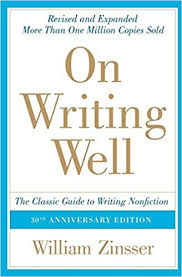
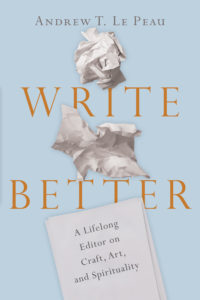
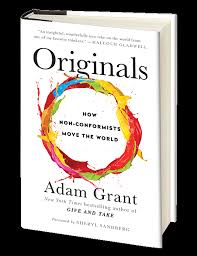
 Grant hooks us by putting two mysteries in front of us which we actively try to solve ourselves before the author reveals the answers. But he doesn’t stop there.
Grant hooks us by putting two mysteries in front of us which we actively try to solve ourselves before the author reveals the answers. But he doesn’t stop there. Secure endorsements from people who already have platforms. Then present those along with your proposal. These can be previously published authors, well-known speakers or bloggers, leaders in organizations related to the topic of your book, or professors at seminaries or colleges. If you know people like that, ask them to read your manuscript or proposal with an eye toward possibly offering a two- or three-sentence commendation should they find it worthwhile.
Secure endorsements from people who already have platforms. Then present those along with your proposal. These can be previously published authors, well-known speakers or bloggers, leaders in organizations related to the topic of your book, or professors at seminaries or colleges. If you know people like that, ask them to read your manuscript or proposal with an eye toward possibly offering a two- or three-sentence commendation should they find it worthwhile. 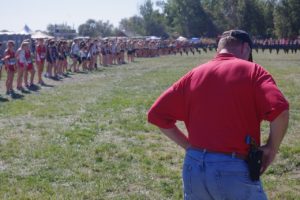 Sometimes I’d run from one part of the course to another, taking a shortcut, so that several times during a race I could yell encouragement to press on, to not let down, to remember their training. Once when I was dashing from one place to another, a student cheering for another school almost slammed into me. As he flew by in another direction, he said, “Sorry, Coach.” I’ve never felt prouder to be mistakenly identified.
Sometimes I’d run from one part of the course to another, taking a shortcut, so that several times during a race I could yell encouragement to press on, to not let down, to remember their training. Once when I was dashing from one place to another, a student cheering for another school almost slammed into me. As he flew by in another direction, he said, “Sorry, Coach.” I’ve never felt prouder to be mistakenly identified. Responses in both parts should be specific (an apt word choice or metaphor, an aspect of structure, a strong illustration, a good use of building drama, etc.). “Something I thought was strong was . . .” is a good way to begin.
Responses in both parts should be specific (an apt word choice or metaphor, an aspect of structure, a strong illustration, a good use of building drama, etc.). “Something I thought was strong was . . .” is a good way to begin.  Certainly gray lines can appear when it comes to, for example, “Was the writing persuasively argued?” That can lead to comments like, “Well, I wasn’t persuaded because I think X.” Soon we are diving into the deep waters of content.
Certainly gray lines can appear when it comes to, for example, “Was the writing persuasively argued?” That can lead to comments like, “Well, I wasn’t persuaded because I think X.” Soon we are diving into the deep waters of content. 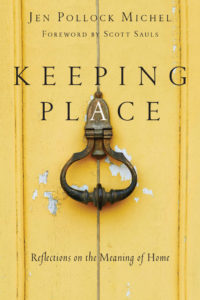
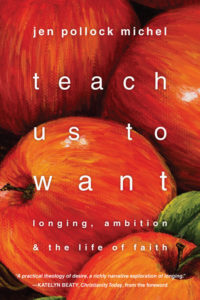
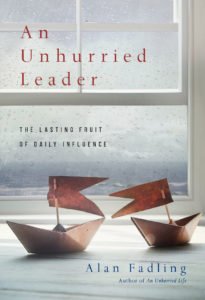
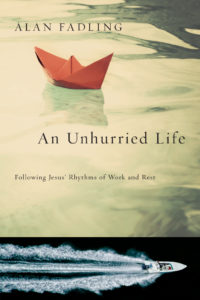 “
“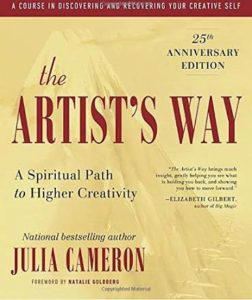
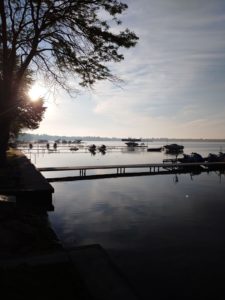 Eventually something that finds its way into our morning pages may trigger and idea or project we want to pursue. That’s fine. We can work on it outside of our time set aside for morning pages, and that we can show to others for input if desired. But we never show others our morning pages themselves. A friend of mine, Bill, who didn’t think he was very creative undertook Cameron’s disciplines and started producing some remarkable poetry.
Eventually something that finds its way into our morning pages may trigger and idea or project we want to pursue. That’s fine. We can work on it outside of our time set aside for morning pages, and that we can show to others for input if desired. But we never show others our morning pages themselves. A friend of mine, Bill, who didn’t think he was very creative undertook Cameron’s disciplines and started producing some remarkable poetry.